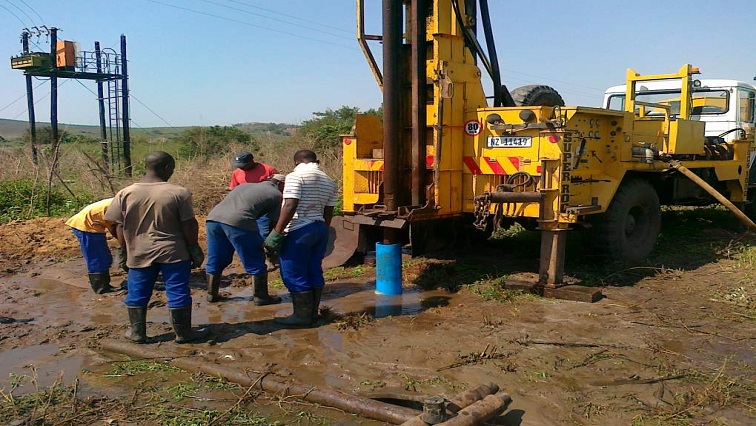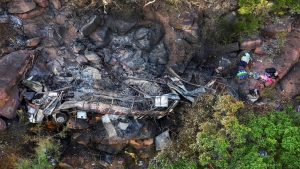A study by the University of Venda (UV) has found that groundwater in over 17 villages around Thohoyandou in Limpopo is contaminated with high concentrations of nitrates, e-coli and aluminium.
Most residents in these villages rely on boreholes for their water supply, as there is a scarcity of surface water.
The study was conducted by post-graduate students at the UV, who assessed the quality of the water in 17 villages around Thohoyandou. The results of the study showed that the water in all 17 villages was contaminated with at least one of the three pollutants.
Professor Joshua Edokpayi, one of the researchers who conducted the study, said that the most likely source of the contamination is pit latrines and animal droppings.
“There is also the probability that if a child consumes that water from childhood to adulthood, there is a likelihood of developing cancer,” said Edokpayi. “However, it is important to note that this is just a possibility, and it is very difficult to keep a child in a community from a very young age until they are 60 or 70 years old.”
Edokpayi has advised residents to boil or purify borehole water before consumption.
“A ceramic washer filter can help to remove e-coli and total coliforms from the water,” he said. “Boiling water can also help, but it may not be affordable for everyone due to the cost of energy. A ceramic filter costs around R300 – R350, which can help to mitigate the microbial aspect of the contamination.”
Consumption of contaminated groundwater a health risk:






